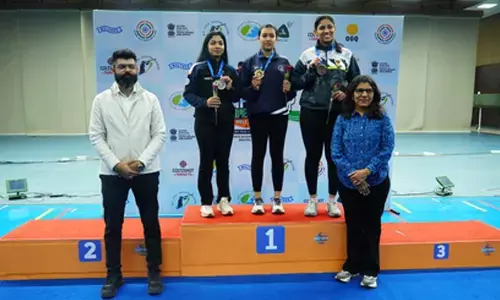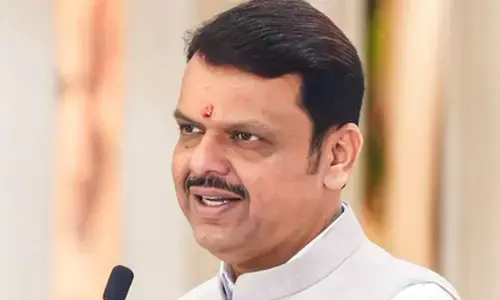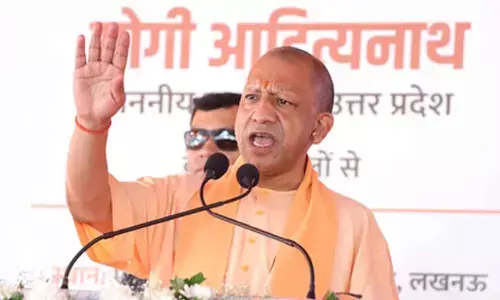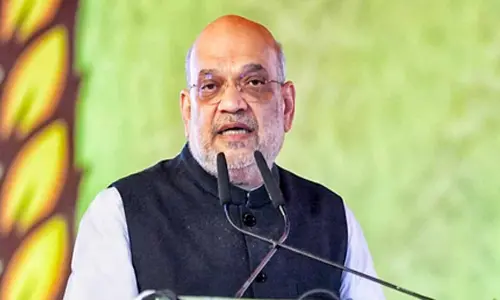One Poll: Building consensus should be way forward
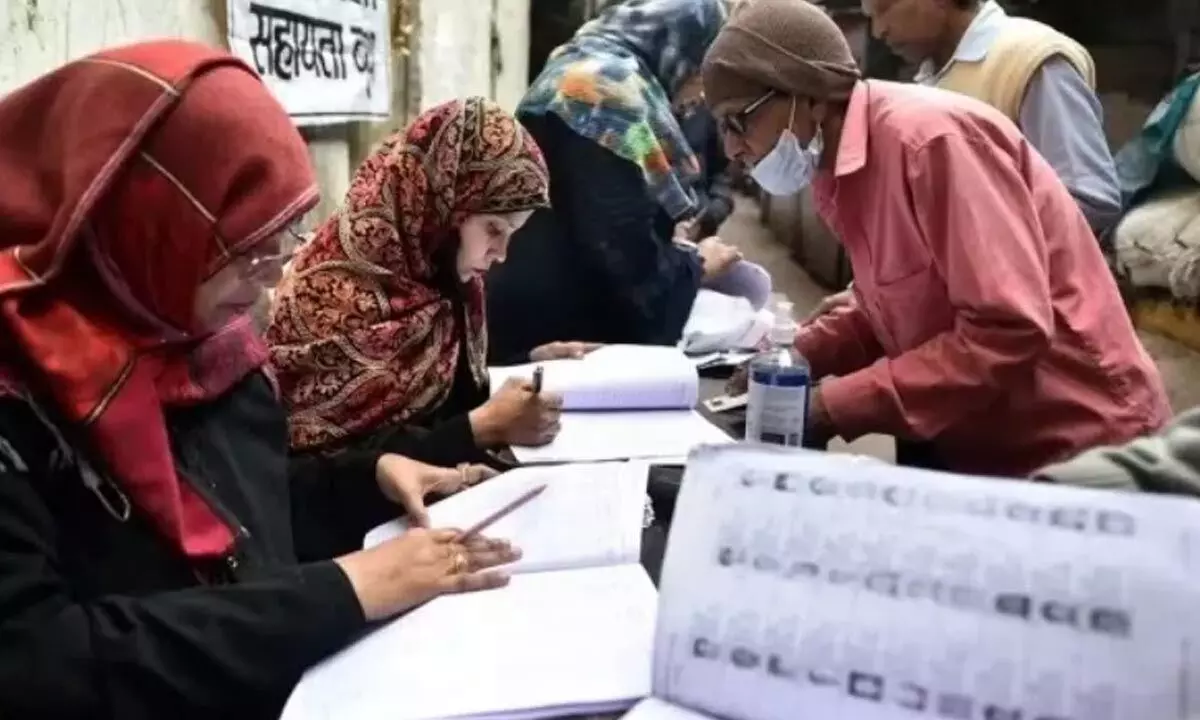
Atthe outset, what is this ‘One Nation, One Election’ which kept cropping up in public discourse for the past decade before it was cleared by the Union Cabinet on Wednesday?
Atthe outset, what is this ‘One Nation, One Election’ which kept cropping up in public discourse for the past decade before it was cleared by the Union Cabinet on Wednesday? It is a proposal to synchronise elections to the Lok Sabha and the state assembly elections within a specific time frame, if not on a single date, in all the 28 states and 8 union territories in the country.
The BJP-led NDA government astutely managed to keep afloat the idea for the past 10 years. Before the Cabinet decision, Union Home Minister Amit Shah had affirmed that the “one nation, one election” plan would be implemented in the current term of the NDA government. BJP allies JD(U) and LJP have readily announced support and others may also toe their line. A bill on holding simultaneous polls is likely to be tabled in the upcoming winter session.
If one pores over the issues staring at the nation, viz., raging inflation, persisting unemployment, seemingly plateauing growth in key sectors, rural distress, one seldom considers ‘one poll’ issue figures among them, or clings to it as if it is a silver bullet – a simple guaranteed solution – to all these ills, or for the matter, any of them, plaguing the nation. Still, some leaders of the ruling coalition at the Centre kept pitchforking the idea to the centre-stage – as a burning issue before the nation.
Before raising any constitutionality of the move, we should bear in mind simultaneous elections to Lok Sabha and Vidhan Sabhas were successfully held in 1951-52, 1957, 1962 and 1967. Snap polls called by some governments or no-confidence motion put paid to this alignment.
A high-level committee headed by former President Ram Nath Kovind submitted a report in March, recommending simultaneous elections to the Lok Sabha and the assemblies as the first step and similar polls to the local bodies thereafter, possibly within a period of 100 days. Currently, the Law Commission is also seized of the issue. It may even moot a way out in case of hung house or passage of no-confidence vote. It is likely to propose a unitary government be put in place by the Governor or the President, as the case may be, to hold office for the remainder of the term.
It is surprising why the Kovind panel has suggested as many as 18 constitutional amendments, but is silent on consent of the state assemblies. Can it be the sole prerogative of the Parliament to decide on so critical an issue?
The BJP leaders are eloquent on potential benefits like reduced costs and far greater administrative efficiency. They hold that due to multiple elections the nation is constantly in a poll mood, straining bureaucracy and impeding governance.
The opposition is raising its fallout on federalism, contending issues at national and state levels are quite different. National issues will marginalise regional and local issues and, thus, regional or small parties will fall apart.
The triggering of a raging debate on the subject itself may divert public attention from judging the performance of governments and their poll pledges ahead of 4 state elections. In the end, one wishes Centre confers with opposition parties and civil society soon to deliberate on all issues and allay their concerns. It is to be noted that the government will require support of two-thirds of Parliament, since the ‘one poll’ move amending the Constitution, likely in at least six places. NDA has only a simple majority in both Houses. Add to this, the bill has to be ratified by all states and Union Territories.








